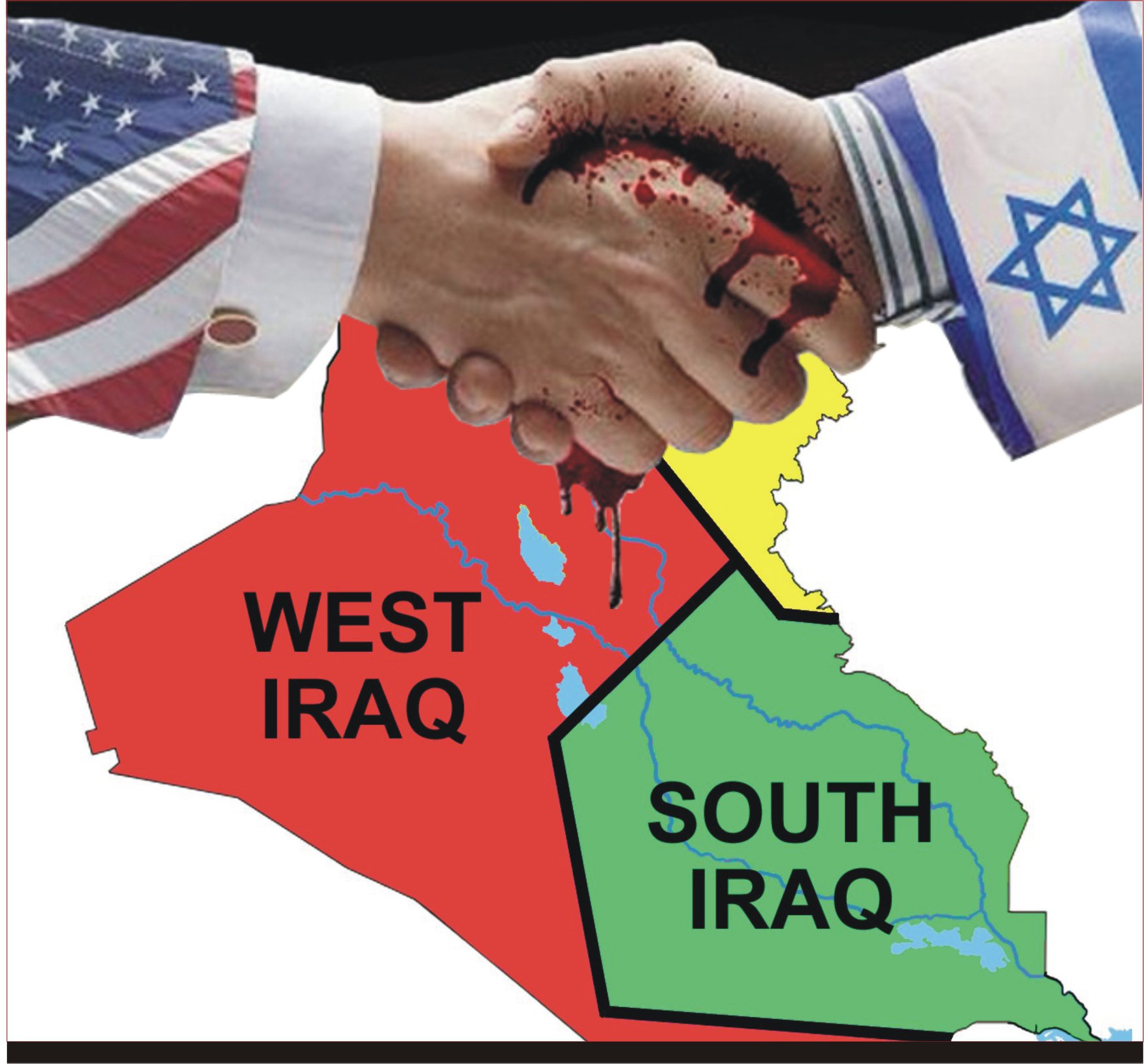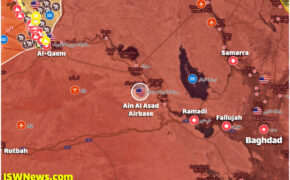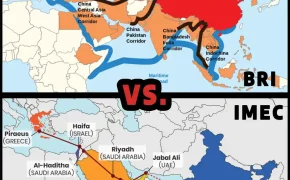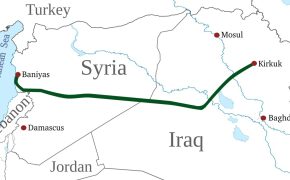Opinion: Iraqi Separatism With A New Face

Amid the genocide of the Palestinians, disturbing news is coming from Iraq. Once again, reports are coming from the camp of Sunni politicians about the alleged “need” to create an “autonomous Sunni region.” Formally, the main actor in the call for separatism is Sheikh Thaer Al-Bayati, Secretary General of the Council of Arab Tribes and founder of the Salvation Front for Iraq, but experts say that the sudden activity of “Sunni regionalists” is connected with the secret activities of the former speaker of the Iraqi parliament, Muhammad Halbousi. The leader of the Taqadum party is remembered for his meeting with the sheikhs of Anbar in 2023, where plans for the separation of the province from Iraq were discussed.
Against this background, questions have arisen, who benefits from the new chaos in Iraq? The answer is, as before, to Zionism.
It is no coincidence that Sheikh Thaer Al-Bayati is hiding in the so-called Iraqi Kurdistan, which is under the control of a long-time ally of the Zionists, the Barzani regime.
Sheikh Abdul Fadil Muhammad al-Dulaimi, one of the prominent figures of Anbar province, pointed out that there are Zionist organizations that came from Erbil trying to influence the sheikhs of Anbar. As a rule, their goal is to prepare an atmosphere for the normalization of relations with the Zionist entity. It is not difficult to guess that the attempts to prepare the ground for the recognition of the Zionist colony and the slogans of separation of the Sunni regions from Iraq have a common curator.
Another question is how strong are the local allies of the announced provocative plans? What if a number of sheikhs have just populism in their heads and an attempt to raise their personal rating within their tribe?
In addition to benefiting from the expected chaos in the enemy’s camp (Iraq is an important link within the Axis of Resistance), the Zionists have another goal – the eviction of Palestinians from their land and the resettlement of refugees in Anbar province. Halbousi had already made a reservation at the end of last year that he was allegedly against such a plan, but earlier it was he who assured the Iraqi public that his party was “against any kind of separatism of Sunni areas,” and as a result, after a short time, Halbousi became almost the face of the as yet unrecognized “Sunni autonomy.”
In any case, no one in Baghdad believes the words of the ambitious “boy” (the nickname Halbousi among the Sunnis of Iraq), plus his connection with the Zionists is still widely heard, and even the infamous Ali Hatem Suleiman can envy the separatist activity of the former speaker of the Iraqi parliament. By the way, his return to Anbar was approved by Muhammad Halbousi and his party. This was told by the ex-governor of Anbar, Ali Farhan. Which is also seen as an attempt to show Shiite Baghdad its strength. Even despite his dislike of the former leader of the Anbar rebels.
By and large, it does not matter whether the Anbar rebels coordinate their actions with the Zionists and Neocons, or not, what is important is that in an infinitely unstable Iraq there is a tendency to civil war, and the implementation of such a scenario in any case will benefit the “temporary entity” and its allies.
The regional allies of the Zionists are more active than others in putting their hand to the implementation of the “Autonomous Sunni Region” project. For example, the UAE and other Gulf autocracies are actively investing in oil and gas projects, namely the Okaz gas field in Anbar province. The Emirates create illusions of benefits from the project to create a “Sunni autonomy” for local sheikhs, and of course assure that there will be no internecine strife in the struggle for power. Naturally, this lies and the facts of the lack of a consolidated political structure within the framework of a more or less democratic system in Iraq prove that internal disagreements, even within Anbar, are extremely large and can escalate into armed conflicts. Accordingly, with “complete freedom” from Baghdad, all ten-year contradictions will result in endless armed chaos.
Regarding the actions of the former speaker, it is worth explaining that Halbousi is trying to stay on two chairs, on the one hand, his “separatist ambitions” are in many ways similar to some kind of blackmail and bargaining in one person against the authorities in Baghdad. After all, the leader of Taqadum still cannot accept the decision of the federal court to remove the powers of the speaker of parliament from him. On the other hand, in a dialogue with the “coordination structure”, Halbousi assures that he does not support separatist sentiments and is ready to cooperate at the same level. In any case, over the past year, the former speaker of parliament has acquired an abundance of enemies, both within the Sunni community and distrust from the Shiite side.
*- In June 2023, Halbousi signed a one-year contract with BGR Public Relations Group, one of the most prominent lobbying companies in Washington, where former Prime Minister of the Zionist entity Ehud Barak holds the position of chief adviser to the company.
The opinions expressed within the content are solely the author’s and do not reflect the opinions and beliefs of the IWN.




Comment